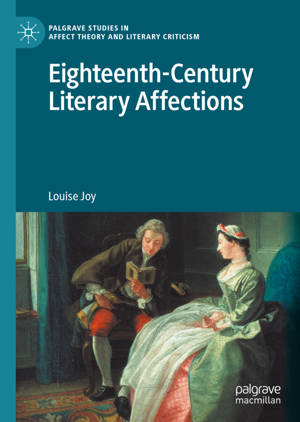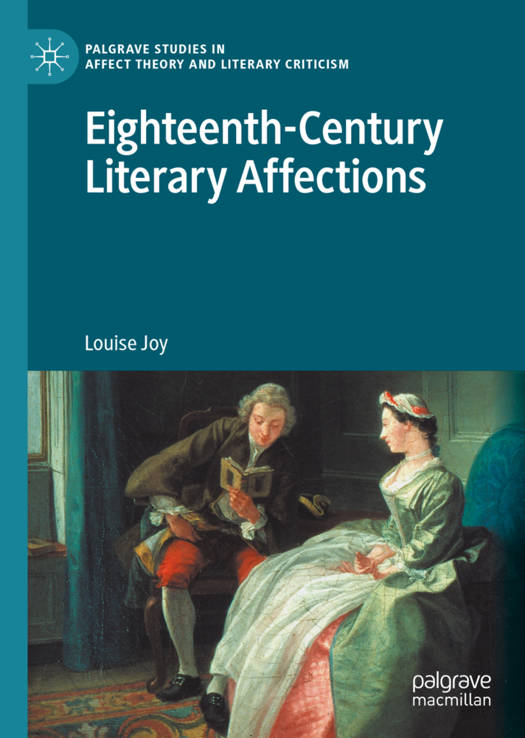
- Afhalen na 1 uur in een winkel met voorraad
- Gratis thuislevering in België vanaf € 30
- Ruim aanbod met 7 miljoen producten
- Afhalen na 1 uur in een winkel met voorraad
- Gratis thuislevering in België vanaf € 30
- Ruim aanbod met 7 miljoen producten
Omschrijving
This book assesses the mediating role played by 'affections' in eighteenth-century contestations about reason and passion, questioning their availability and desirability outside textual form. It examines the formulation and idealization of this affective category in works by Isaac Watts, Lord Shaftesbury, Mary Hays, William Godwin, Helen Maria Williams, and William Wordsworth. Part I outlines how affections are invested with utopian potential in theology, moral philosophy, and criticism, re-imagining what it might mean to know emotion. Part II considers attempts of writers at the end of the period to draw affections into literature as a means of negotiating a middle way between realism and idealism, expressivism and didacticism, particularity and abstraction, subjectivity and objectivity, femininity and masculinity, radicalism and conservatism, and the foreign and the domestic.
Specificaties
Betrokkenen
- Auteur(s):
- Uitgeverij:
Inhoud
- Aantal bladzijden:
- 215
- Taal:
- Engels
- Reeks:
Eigenschappen
- Productcode (EAN):
- 9783030460075
- Verschijningsdatum:
- 30/07/2020
- Uitvoering:
- Hardcover
- Formaat:
- Genaaid
- Afmetingen:
- 148 mm x 210 mm
- Gewicht:
- 417 g

Alleen bij Standaard Boekhandel
Beoordelingen
We publiceren alleen reviews die voldoen aan de voorwaarden voor reviews. Bekijk onze voorwaarden voor reviews.











